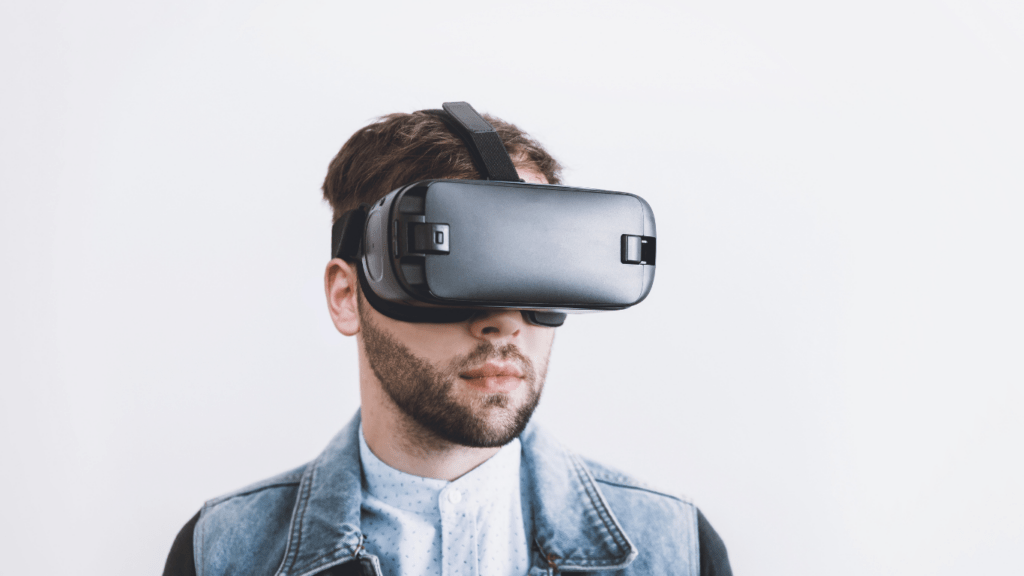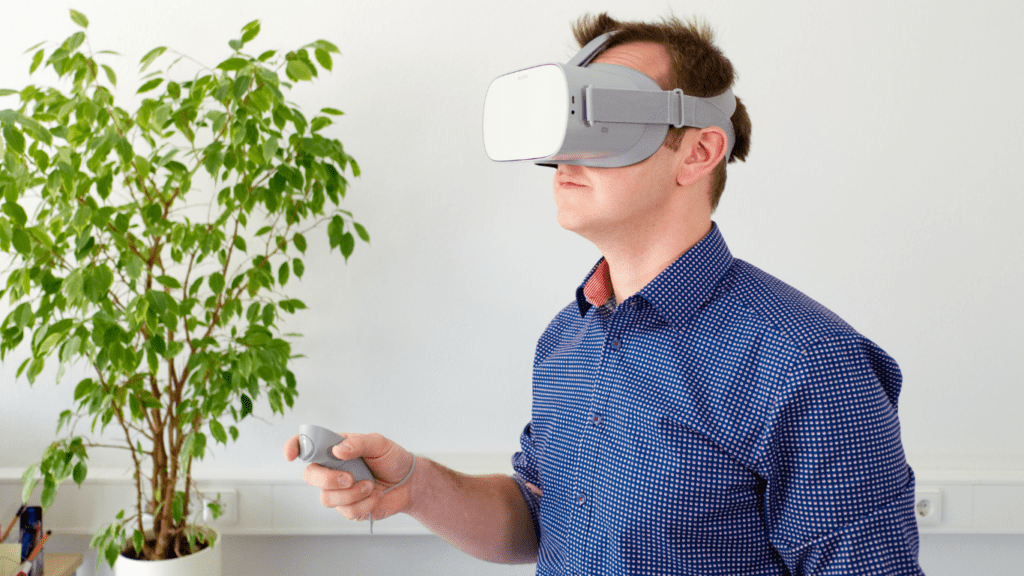Understanding Virtual Reality in Betting
Virtual Reality (VR) is revolutionizing the betting landscape by offering immersive experiences. It shifts the focus from traditional setups to interactive, realistic environments.
What is Virtual Reality?
Virtual Reality (VR) immerses users in simulated environments, contrasting starkly with the real world. Using:
- headsets
- sensors
it creates an engaging experience by placing users in a 3D setting. In betting, this means participants can interact with a virtual casino or sports arena, offering a feeling of being present in another location. VR’s sophistication lies in its ability to mirror real-life scenarios, making digital interfaces seem tangible.
Current Applications in Betting
Many betting platforms incorporate VR to enhance user engagement. Popular applications include virtual casinos, where players use avatars to explore casino floors, and VR sports betting, allowing users to view matches through a virtual stadium. Some platforms even provide VR poker, where players can analyze opponents’ movements as in physical gameplay. As technology evolves the accuracy and realism of these applications continue to improve, making VR an increasingly integral part of the betting experience.
The Benefits of Virtual Reality in Betting

Virtual reality offers various advantages that enhance the betting landscape. By revolutionizing user interaction, VR creates a more rewarding environment for bettors.
Enhanced User Experience
- Virtual reality in betting significantly elevates user experience.
- It provides an immersive environment, allowing bettors to interact with games in an unprecedented manner.
- VR casino games replicate a real-world atmosphere, complete with ambient sounds and realistic dealer gestures.
- Players experience a sense of presence, which traditional online betting lacks.
- This interaction keeps users engaged and enhances satisfaction, which can improve retention rates for betting platforms.
Increased Accessibility
More users can access betting platforms thanks to virtual reality technologies. Individuals unable to visit physical casinos or sports venues can engage in betting from the comfort of their homes. VR headsets offer intuitive navigation, opening up markets to a wider audience. By reducing geographical barriers and catering to people with mobility restrictions, VR expands the reach of betting platforms and attracts diverse demographics. This inclusive approach creates a broader customer base and increases market potential.
Potential Challenges and Limitations
Virtual reality in betting offers exciting possibilities, but challenges and limitations exist. Addressing these issues is crucial to realizing its potential fully.
Technical Challenges
VR demands significant computing power and robust internet connections, which may not be universally accessible. Not everyone owns high-quality VR gear due to steep costs, limiting widespread adoption. Developers must ensure VR environments are glitch-free and visually appealing, as technical hiccups can disrupt the immersive experience. Latency in VR interactions could also affect real-time betting, necessitating continuous technological advancements.
Regulatory Concerns
Regulating VR betting poses unique challenges, given the emergent nature of technology. Existing legislation often doesn’t account for VR’s interactive elements, leading to potential gaps in regulatory coverage. Ensuring user privacy and data security in VR platforms is complex, especially as transactions occur in virtual spaces. Jurisdictions must update policies to address VR-specific issues, ensuring market integrity and consumer protection.



 Peggy Suarezonna, founder of Gamble Dynasty Wins, is a pioneer in the betting industry. With expertise spanning traditional casino games to cryptocurrency betting, she created the platform to empower bettors with expert advice and strategies. Her innovative vision has made Gamble Dynasty Wins a trusted resource for staying ahead in this dynamic field.
Peggy Suarezonna, founder of Gamble Dynasty Wins, is a pioneer in the betting industry. With expertise spanning traditional casino games to cryptocurrency betting, she created the platform to empower bettors with expert advice and strategies. Her innovative vision has made Gamble Dynasty Wins a trusted resource for staying ahead in this dynamic field.